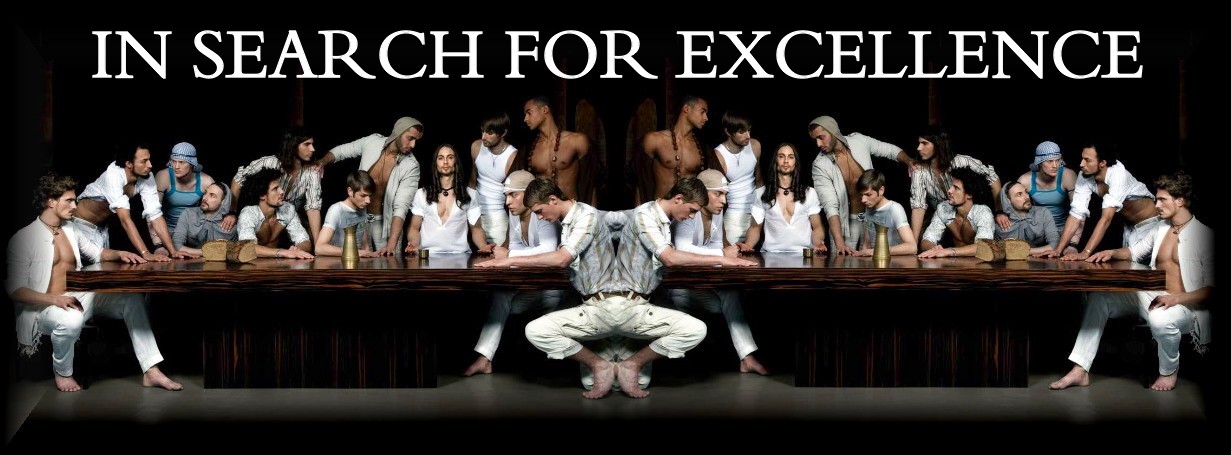
The following is an Editorial that came out Dec. 27, 2008 in Philippine Star. I am posting it in my blog because it talks about quality education in the country (or the lack of it).
The country needs more educational institutions. But it doesn’t need more schools that provide substandard education. The Commission on Higher Education, alarmed by a surge in the opening of new colleges and universities by local government units, has asked the Department of the Interior and Local Government for help. CHED and DILG officials have forged an agreement imposing a moratorium on the opening of new colleges and universities by LGUs.
CHED officials have noted that local government councils simply issue resolutions authorizing the establishment of colleges and universities. This is in response to an ever-growing demand for higher education, especially for courses that offer good prospects for finding jobs overseas. But there is so much more to offering higher education than opening a school. The high failing rate in various professional licensure examinations is a manifestation of the problem. Over the past decades, the quality of Philippine education has deteriorated so much, and the problem has not been sufficiently contained.
While the lack of classrooms and school buildings has contributed to the problem, there are other factors that must be addressed to improve the quality of education. The use of substandard textbooks in public schools — a problem caused by corruption and incompetence — must be stopped. Poor pay especially in public schools has driven many of the country’s best teachers to find jobs overseas. That loss has taken a steep toll on the quality of education.
Lacking teachers, many schools have been forced to hire even people without the required qualifications for the job. A number of these teachers cannot even detect factual and grammatical errors in government-issued substandard textbooks. Many teachers lack English proficiency as well as competence in mathematics and science, and the lack rubs off on their students. Computers are sitting idle in many public schools because there aren’t enough teachers with proper training in information and communication technology.
Several programs are now underway, most of which are supported by the private sector, to raise the competence of a core group of teachers, who can in turn train other teachers all over the country. The skills upgrading cannot happen overnight. Until the level of competence of teachers can be raised, local governments should leave the business of higher education to educators. - (Philstar News Service, www.philstar.com)
 We are very fond of making New Year's resolutions. This is not a bad practice as long as we try our hard to keep these resolutions. Because a teacher's everyday life however is so busy, we tend to forget these resolutions. Below are my top ten resolutions for the year 2009.
We are very fond of making New Year's resolutions. This is not a bad practice as long as we try our hard to keep these resolutions. Because a teacher's everyday life however is so busy, we tend to forget these resolutions. Below are my top ten resolutions for the year 2009. 


































